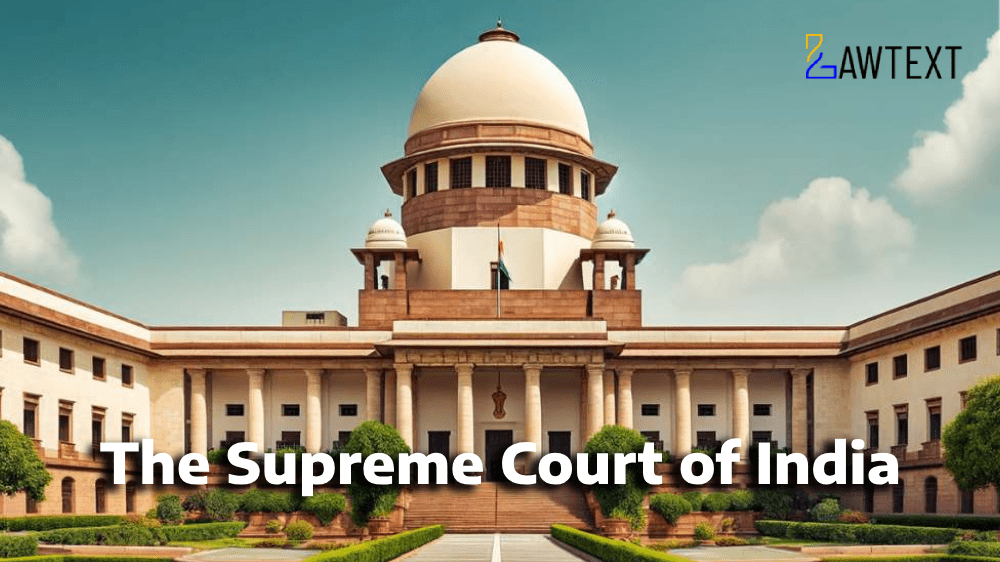Electricity Supply and Minimum Guarantee Charges: A Legal Assessment of Limitation and Demand Rights. Clarifying liability and estoppel in power supply disputes under evolving electricity laws.

CASE NOTE & SUMMARY
This Supreme Court judgment addresses whether a utility company can demand charges for minimum guaranteed electricity consumption when such a demand was not enforced within a specified time limit. The key issue is the interpretation of Section 56(2) of the Electricity Act, 2003 regarding limitation for demand recovery and its applicability to liabilities accrued prior to the Act. Additionally, the judgment examines the concept of issue estoppel in repetitive challenges by the respondent to the demand for minimum guarantee charges.
I. Background of the Dispute
- The Madhya Pradesh Madhya Kshetra Vidyut Vitran Company Limited (Appellants) supplied electricity to Bapuna Alcobrew Pvt. Ltd. (Respondent) under multiple agreements, specifying minimum consumption guarantees (para 2, [5†source]).
- The respondent sought permission to operate a captive power unit under specific conditions, leading to disputes regarding minimum charges due to alleged non-consumption (para 2).
II. Chronology of Dispute Escalation
- Initial show cause notices were issued due to the respondent's insufficient electricity consumption (para 8).
- High Court interim orders required the respondent to pay minimum guarantee charges, even if the energy was not fully utilized (para 9).
III. Contention on Applicability of Limitation Period
- The central argument by the respondent relied on Section 56(2) of the Electricity Act, 2003, which prescribes a two-year limitation period for recovering dues. The respondent argued this barred recovery of old dues accrued under the previous law, the Electricity (Supply) Act, 1948 (para 3).
IV. Judgment Highlights
- Limitation under Section 56(2) of the 2003 Act: The Supreme Court determined that Section 56(2) does not apply to liabilities that arose prior to the 2003 Act, reinforcing principles established in earlier judgments (para 12).
- Principle of Estoppel: The respondent's failure to challenge initial adverse decisions established issue estoppel, barring further claims against the demand (para 33).
V. Conclusive Findings
- The Court held that demand notices previously issued remained enforceable, despite the respondent’s delay in compliance, as per the conditions of the original agreement. Additionally, the appellants were authorized to disconnect supply under the 1910 Act provisions if payments were neglected (para 16).
Ratio Decidendi:
The ratio in this case is two-fold:
- Retrospective Non-Applicability of the 2003 Act’s Limitation: The Supreme Court held that Section 56(2) of the 2003 Act does not retroactively bar demands arising before the Act's enforcement.
- Doctrine of Issue Estoppel: Once a legal issue is conclusively decided against a party, it cannot be re-litigated. Here, the respondent's liability for minimum consumption charges was settled in prior proceedings, rendering further challenge invalid.
Relevant Acts and Sections:
- Electricity Act, 2003: Section 56(2) - Bars recovery of dues after two years unless continuously shown as recoverable.
- Electricity (Supply) Act, 1948: Governed dues prior to the 2003 Act, with no limitation period for recovering charges.
- General Clauses Act, 1897: Section 6 - Addresses rights and obligations from repealed laws.
Subjects:
Electricity Law, Limitation Period, Estoppel, Power Supply Agreement, Minimum Guarantee Charges.
ISSUE OF CONSIDERATION
THE MADHYA PRADESH MADHYA KSHETRA VIDYUT VITRAN COMPANY LIMITED & ORS. VERSUS BAPUNA ALCOBREW PRIVATE LIMITED & ANR.
Citation: 2024 LawText (SC) (11) 41
Case Number: CIVIL APPEAL NO. 1095 OF 2013
Date of Decision: 2024-11-04
Case Title: THE MADHYA PRADESH MADHYA KSHETRA VIDYUT VITRAN COMPANY LIMITED & ORS. VERSUS BAPUNA ALCOBREW PRIVATE LIMITED & ANR.
Before Judge: (DIPANKAR DATTA J. , PANKAJ MITHAL J. )
Appellant: THE MADHYA PRADESH MADHYA KSHETRA VIDYUT VITRAN COMPANY LIMITED & ORS.
Respondent: BAPUNA ALCOBREW PRIVATE LIMITED & ANR.

